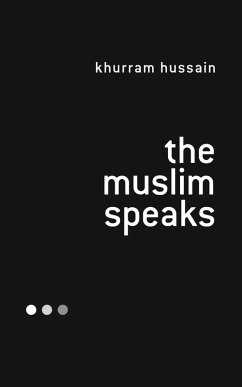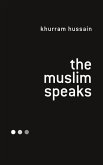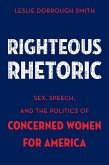The Muslim Speaks reimagines Islam as a strategy for investigating the modern condition. Rather than imagining it as an issue external to a discrete West, Khurram Hussain constructs Islam as internal to the elaboration and expansion of the West. In doing so he reveals three discursive traps - that of 'freedom', 'reason' and 'culture' - that inhibit the availability of Islam as a feasible, critical interlocutor in Western deliberations about moral, intellectual and political concerns.
Through close examination of this inhibition, Hussain posits that while Islamophobia is clearly a moral wrong, 'depoliticization' more accurately describes the problems associated with the lived experience of Muslims in the West and elsewhere. Weaving together his conclusions in the hope of a common world, Khurram Hussain boldy and quite radically deems that what Islam needs is not depoliticization, but infact repoliticization.
Through close examination of this inhibition, Hussain posits that while Islamophobia is clearly a moral wrong, 'depoliticization' more accurately describes the problems associated with the lived experience of Muslims in the West and elsewhere. Weaving together his conclusions in the hope of a common world, Khurram Hussain boldy and quite radically deems that what Islam needs is not depoliticization, but infact repoliticization.









